Sebastian Konietzny
Limited-Angle Tomography Reconstruction via Deep End-To-End Learning on Synthetic Data
Sep 13, 2023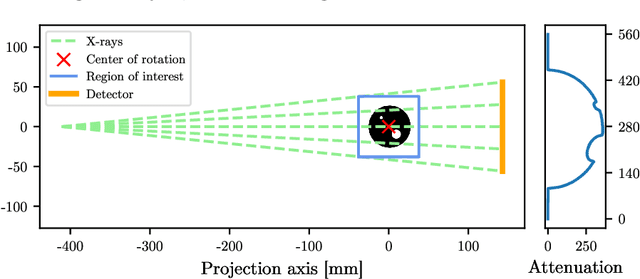

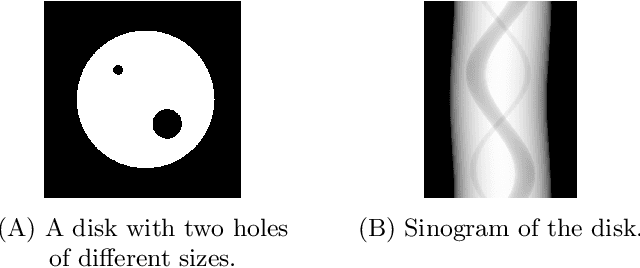
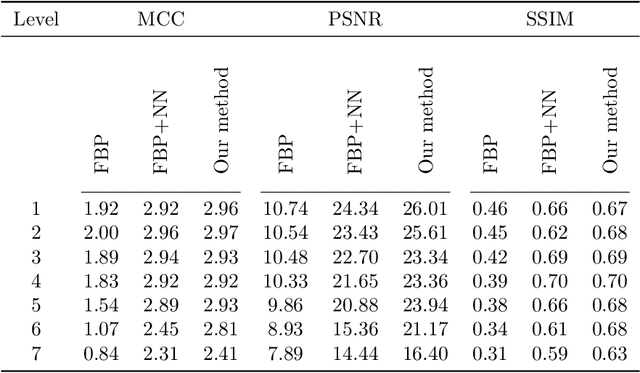
Abstract:Computed tomography (CT) has become an essential part of modern science and medicine. A CT scanner consists of an X-ray source that is spun around an object of interest. On the opposite end of the X-ray source, a detector captures X-rays that are not absorbed by the object. The reconstruction of an image is a linear inverse problem, which is usually solved by filtered back projection. However, when the number of measurements is small, the reconstruction problem is ill-posed. This is for example the case when the X-ray source is not spun completely around the object, but rather irradiates the object only from a limited angle. To tackle this problem, we present a deep neural network that is trained on a large amount of carefully-crafted synthetic data and can perform limited-angle tomography reconstruction even for only 30{\deg} or 40{\deg} sinograms. With our approach we won the first place in the Helsinki Tomography Challenge 2022.
A Survey on Self-Supervised Representation Learning
Aug 22, 2023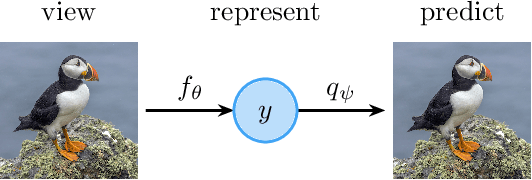

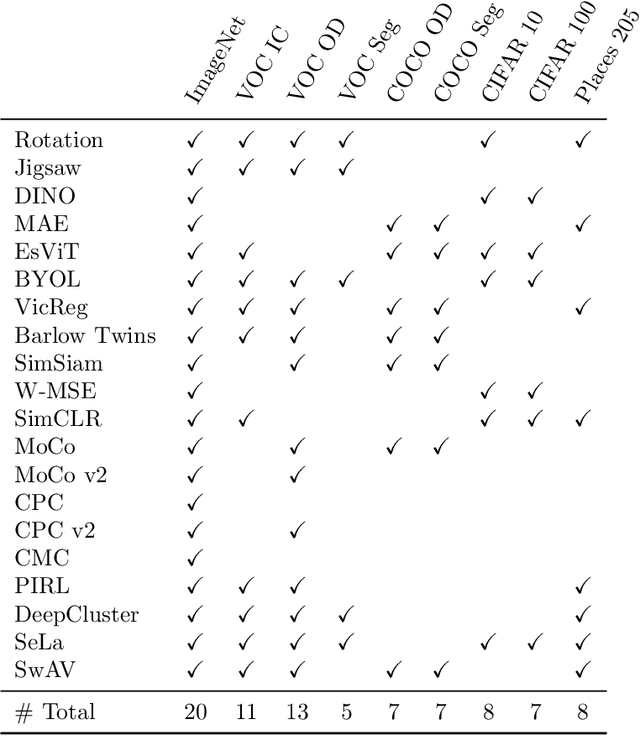

Abstract:Learning meaningful representations is at the heart of many tasks in the field of modern machine learning. Recently, a lot of methods were introduced that allow learning of image representations without supervision. These representations can then be used in downstream tasks like classification or object detection. The quality of these representations is close to supervised learning, while no labeled images are needed. This survey paper provides a comprehensive review of these methods in a unified notation, points out similarities and differences of these methods, and proposes a taxonomy which sets these methods in relation to each other. Furthermore, our survey summarizes the most-recent experimental results reported in the literature in form of a meta-study. Our survey is intended as a starting point for researchers and practitioners who want to dive into the field of representation learning.
Optimizing Intermediate Representations of Generative Models for Phase Retrieval
May 31, 2022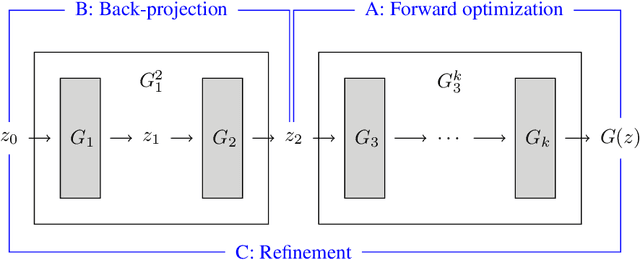
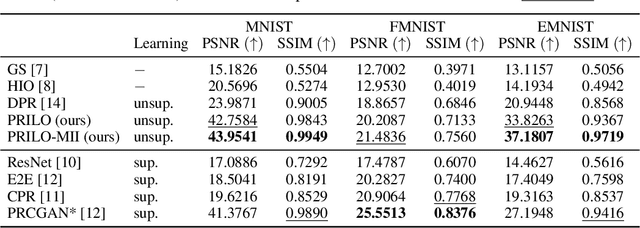
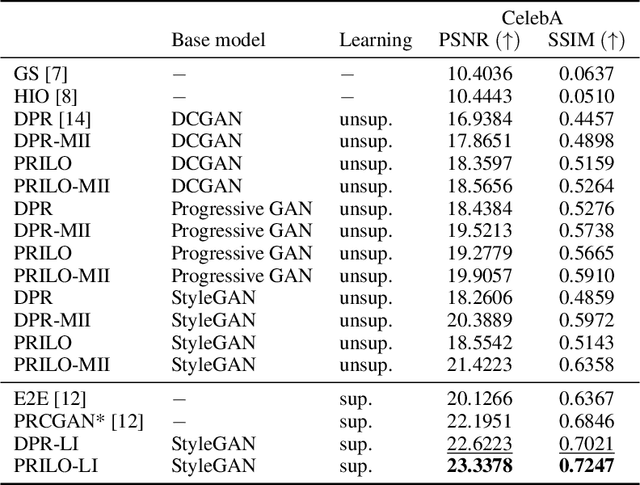
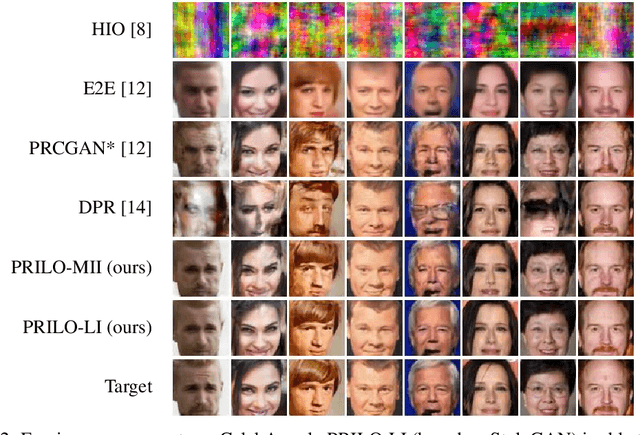
Abstract:Phase retrieval is the problem of reconstructing images from magnitude-only measurements. In many real-world applications the problem is underdetermined. When training data is available, generative models are a new idea to constrain the solution set. However, not all possible solutions are within the range of the generator. Instead, they are represented with some error. To reduce this representation error in the context of phase retrieval, we first leverage a novel variation of intermediate layer optimization (ILO) to extend the range of the generator while still producing images consistent with the training data. Second, we introduce new initialization schemes that further improve the quality of the reconstruction. With extensive experiments on Fourier and Gaussian phase retrieval problems and thorough ablation studies, we can show the benefits of our modified ILO and the new initialization schemes.
 Add to Chrome
Add to Chrome Add to Firefox
Add to Firefox Add to Edge
Add to Edge